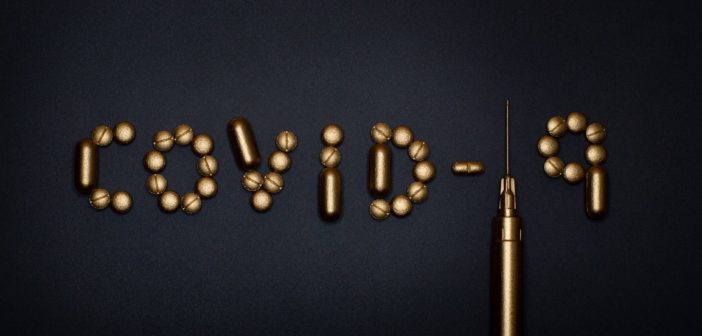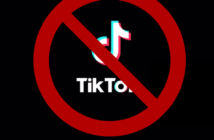By Ryn Williams, Layout Editor
Per the Centers for Disease Control (CDC), certain individuals may be eligible for a third dose of the COVID-19 vaccine.
Beginning in September, fully vaccinated people are able to receive their third dose, or a booster shot. The concept of a booster dose isn’t new. Most routine vaccinations require a booster shot several months down the line.
Why a third dose?
The third dose is necessary for those who are moderately to severely immunocompromised; sometimes, they do not build up enough protection when they are initially vaccinated. Another dose of the Pfizer-BioNTech or Moderna shots can help build up that immunity, saving spaces in ICU beds and keeping people safe against the Delta variant.
The Delta variant has been wearing down immunity for COVID-19, which is why the U.S. Department of Health and Human Services (HHS) is organizing third shots for those who qualify.
To qualify for the third dose of the vaccine, there must be at least a span of 28 days from the completion of the two-shot COVID-19 vaccine series; however, the completed series of both Pfizer & Moderna report efficacy for at least six months. Since the efficacy doesn’t wear off, people are encouraged to wait between six-to-eight months before receiving their booster shot.
People who get the Pfizer vaccine series must get a Pfizer third dose, and people who get the Moderna vaccine series must get a Moderna third dose. It is very rare that mixing the vaccinations are approved.
What about Johnson & Johnson-Janssen?
The Johnson & Johnson COVID-19 vaccine is different than the Pfizer and Moderna shots; while the latter two are mRNA vaccines, the J&J shot is more traditional virus-fighting technology, delivering a disabled adenovirus to relay instructions on how to fight the COVID-19 virus. The adenovirus is in no way related to coronavirus.
There isn’t currently any data to support getting a dose of mRNA vaccines if one has already received the J&J vaccine. Medical providers are discouraged from mixing vaccine series.
Since the J&J vaccine reached the U.S. over two months after the Pfizer & Moderna vaccines did, the CDC is currently waiting on data to make a public decision regarding the J&J booster shot. It is likely, however, that people who have received the J&J vaccine will require a second dose.
Will Saint Leo University be providing booster shots?
Saint Leo University is not currently authorized to provide a third dose, per the emails sent out on Aug. 30. Some have speculated that they may provide it in the future, but nothing is official yet.





